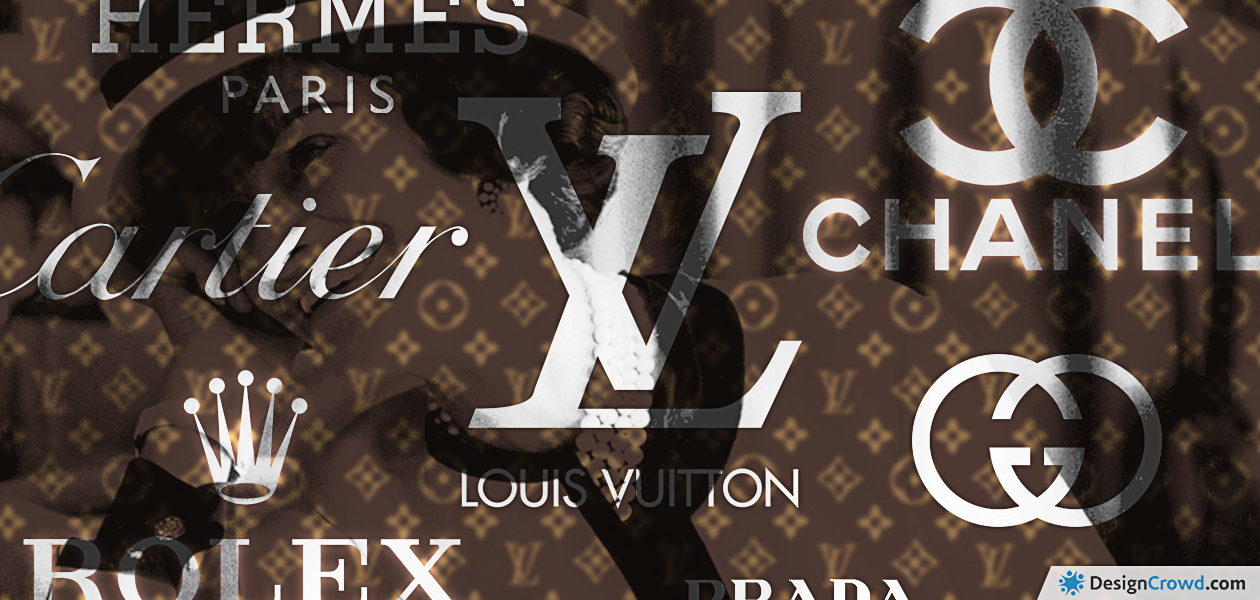The world of designer brands is a fascinating realm, characterized by unparalleled craftsmanship, distinctive aesthetics, and an unwavering commitment to excellence. In this article, we explore some of the most revered names in the luxury fashion industry, highlighting their unique qualities and contributions to the ever-evolving landscape of high fashion.
The Allure of Luxury: Understanding Designer Brands
Designer brands represent more than just clothing or accessories; they symbolize a lifestyle steeped in prestige and elegance. These brands often embody a rich heritage, woven intricately into their identity through years of tradition and innovation. Whether it’s the iconic Louis Vuitton monogram, the classic Chanel tweed jacket, or the avant-garde styles of Balenciaga, each brand tells a unique story that resonates with fashion enthusiasts worldwide.
Iconic Designer Brands and Their Signature Styles
1. Chanel: Timeless Elegance
Founded by the visionary Coco Chanel, the Chanel brand is synonymous with sophistication. Its designs often emphasize timeless elegance, with pieces that transcend fleeting trends. The Chanel No. 5 perfume, the Chanel Suit, and the legendary little black dress have solidified the brand’s status as a cornerstone of luxury fashion. Coco’s innovative approach revolutionized women’s fashion, promoting simplicity and comfort, which remain integral to the brand’s identity today.
2. Gucci: Eclectic Luxury
The Gucci brand stands out for its bold designs and eclectic style, appealing to a diverse audience. Known for its iconic green-red-green stripe and distinctive GG logo, Gucci has evolved under the creative direction of Alessandro Michele. The brand’s ability to merge retro aesthetics with modern influences has cultivated a unique allure, drawing in both established fashion aficionados and a younger demographic. Gucci’s collections often feature vibrant colors, whimsical patterns, and unexpected elements, encapsulating a sense of playful luxury.
3. Louis Vuitton: Heritage and Innovation
With a legacy dating back to 1854, Louis Vuitton is one of the most prestigious luxury brands globally. The brand initially made its mark with its exceptional craftsmanship in trunks and leather goods, evolving to encompass a wide array of products, including ready-to-wear, shoes, and accessories. The LV monogram is a symbol of luxury and status, recognized worldwide. Louis Vuitton’s collaborations with contemporary artists and designers, such as Takashi Murakami and Virgil Abloh, illustrate its commitment to innovation while honoring its storied heritage.
4. Prada: Intellectual Fashion
Prada has long been celebrated for its intellectual approach to fashion. Founded by Mario Prada in 1913, the brand began as a leather goods shop in Milan. Under the leadership of Miuccia Prada, it transformed into a luxury powerhouse known for its minimalist designs and innovative fabrics. Prada’s collections often challenge conventional norms, blending high fashion with artistic concepts, and evoking a sense of intrigue. The brand’s commitment to sustainability and ethical practices further enhances its reputation in the modern luxury landscape.
The Role of Designer Brands in Contemporary Fashion
Designer brands significantly influence contemporary fashion trends and consumer behavior. They set the tone for seasonal collections and often dictate what becomes popular in mainstream fashion. The collaborations between designer brands and high-street retailers have democratized luxury, making exclusive designs accessible to a broader audience.
Influence on Pop Culture
The impact of designer brands extends beyond the realm of fashion; they are ingrained in popular culture. Celebrities and influencers often showcase these brands, creating a virtuous cycle of desirability and aspiration. Iconic moments, such as Beyoncé wearing Balmain or Lady Gaga donning a Alexander McQueen masterpiece, highlight the intersection of fashion and celebrity culture, propelling these brands into the limelight.
The Rise of Streetwear
In recent years, the emergence of streetwear has disrupted the traditional fashion hierarchy. Brands like Off-White, led by the late Virgil Abloh, and Supreme have blurred the lines between luxury and casual wear. Designer brands are increasingly incorporating streetwear aesthetics into their collections, reflecting a shift towards diversity and inclusivity in fashion.
Sustainability in Luxury Fashion
As global awareness regarding environmental issues grows, designer brands are taking significant strides toward sustainability. Brands like Stella McCartney have long championed eco-friendly practices, emphasizing the use of sustainable materials and ethical manufacturing processes. Many luxury brands are now prioritizing transparency, advocating for a more conscious approach to fashion that aligns with the values of today’s consumers.
Innovative Materials and Practices
The introduction of innovative materials, such as vegan leather and recycled fabrics, is reshaping the luxury fashion landscape. Designer brands are increasingly experimenting with these materials, demonstrating that high fashion can coexist with environmental responsibility. The push for sustainability not only appeals to eco-conscious consumers but also reflects a broader industry shift towards responsible practices.
The Future of Designer Brands
As we look to the future, designer brands must navigate an evolving landscape characterized by rapid technological advancements and shifting consumer preferences. The rise of digital fashion, augmented reality (AR), and virtual reality (VR) are poised to revolutionize the shopping experience, offering consumers immersive ways to engage with their favorite brands.
Digital Presence and E-Commerce
The growth of e-commerce has transformed the way consumers shop for luxury goods. Designer brands are investing heavily in their online presence, leveraging social media and digital marketing to reach wider audiences. The ability to connect directly with consumers through various digital channels will be pivotal in maintaining relevance and appeal in an increasingly competitive market.
Embracing Inclusivity and Diversity
Inclusivity and diversity are becoming paramount in the fashion industry. Designer brands are recognizing the importance of representing a broad spectrum of identities and styles. The commitment to inclusivity not only enriches brand narratives but also fosters a deeper connection with consumers, reflecting the diverse world we live in https://afs2014.org.
Conclusion: The Enduring Appeal of Designer Brands
In conclusion, designer brands continue to shape the fashion industry through their rich histories, innovative designs, and commitment to excellence. Their ability to adapt to changing trends while maintaining a strong identity is what sets them apart. As they embrace sustainability, inclusivity, and technological advancements, designer brands will undoubtedly remain at the forefront of luxury fashion, captivating generations of fashion enthusiasts worldwide.









